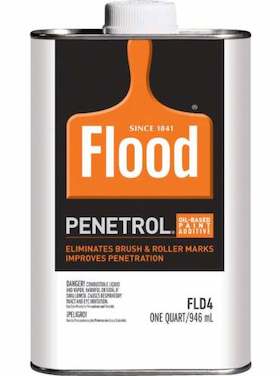
-----
Protecting wrought iron: Samuel Yellin's work
Q. I take care of grounds that have work by Samuel Yellin. The work has been oiled (marvel mystery oil) over the years, which has protected the work but allowed for a build up of residue. The oiling was stopped and has dried so that the grime is flaking off. The metal underneath is in good condition. What kind of coating would be appropriate for outdoor environment. I've head different things: paint (I shutter at this), bees wax, bees wax and boiled linseed, linseed and penetrol, fish oil, etc. Do you have a recommendation or can you direct me to a resource. I thought about steam cleaning the grime or pressure washing it off, any recommendations on this? Thank you for your reply.
David PricePublic Garden - Lake Wales, Florida, USA
2006
A. Consult experienced metal conservator! Steam is better than strong water jet, after cleaning you can treat it with tannic acid ⇦ on eBay or Amazon [affil link] based rust converter ⇦ on eBay or Amazon [affil link] and Everbrite [a finishing.com supporting advertiser] coating (if there are no traces of paint).Good luck!
Goran Budijaconservator - Zagreb, Croatia
A. I am a year late to the party but protecting real wrought iron (the alloy not the process) in Florida, especially that of Mr. Yellin's work, should be undertaken with care.
Marvel Mystery oil is not a finishing oil, and leaving the iron unprotected is not an option either. If you are after an authentic finish it will require heat and a wax/
boiled linseed oil
⇦ on
eBay
or
Amazon [affil link]
mixture (some are available off the shelf) which will weather very well if applied properly. I could go on here and describe the pros and cons of various other finishes and I could elaborate on the technique to get the best performance and coverage of tight areas but in short call someone who is at the top of their game in metalwork and metal conservation and restoration to see your application, metal, exposure, frequency of maintenance and to see what condition the metal is in right now. Whatever you do, please use the least abrasive solution possible when removing rust and old coatings. I would advise to use paint strippers over steam cleaning which could damage loose or small, delicate features.
ironworks - Tulsa, Oklahoma
2007
Q, A, or Comment on THIS thread -or- Start a NEW Thread
